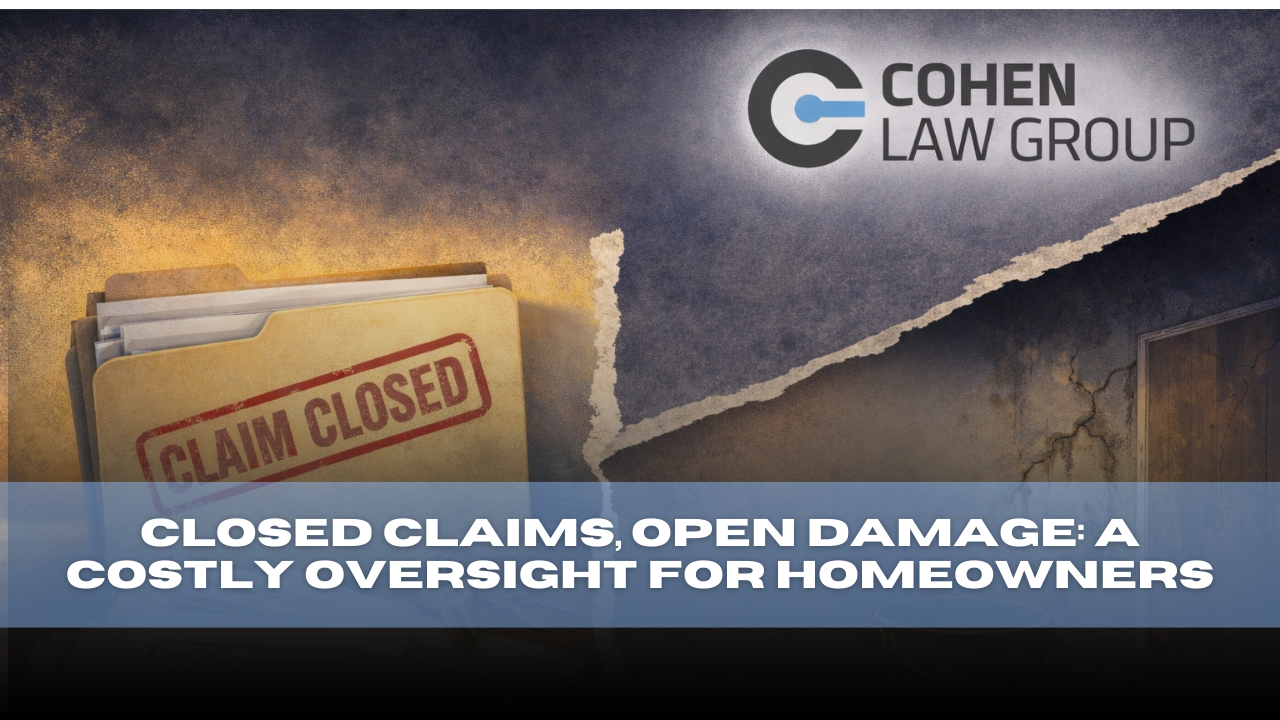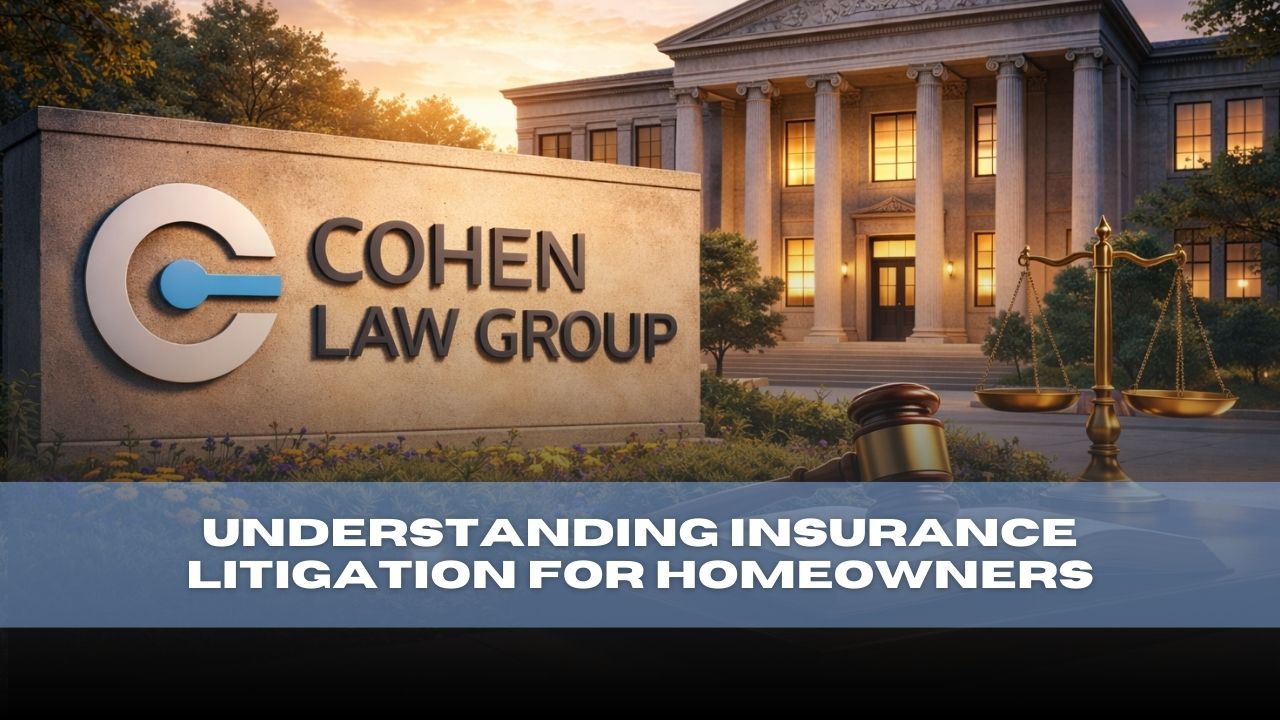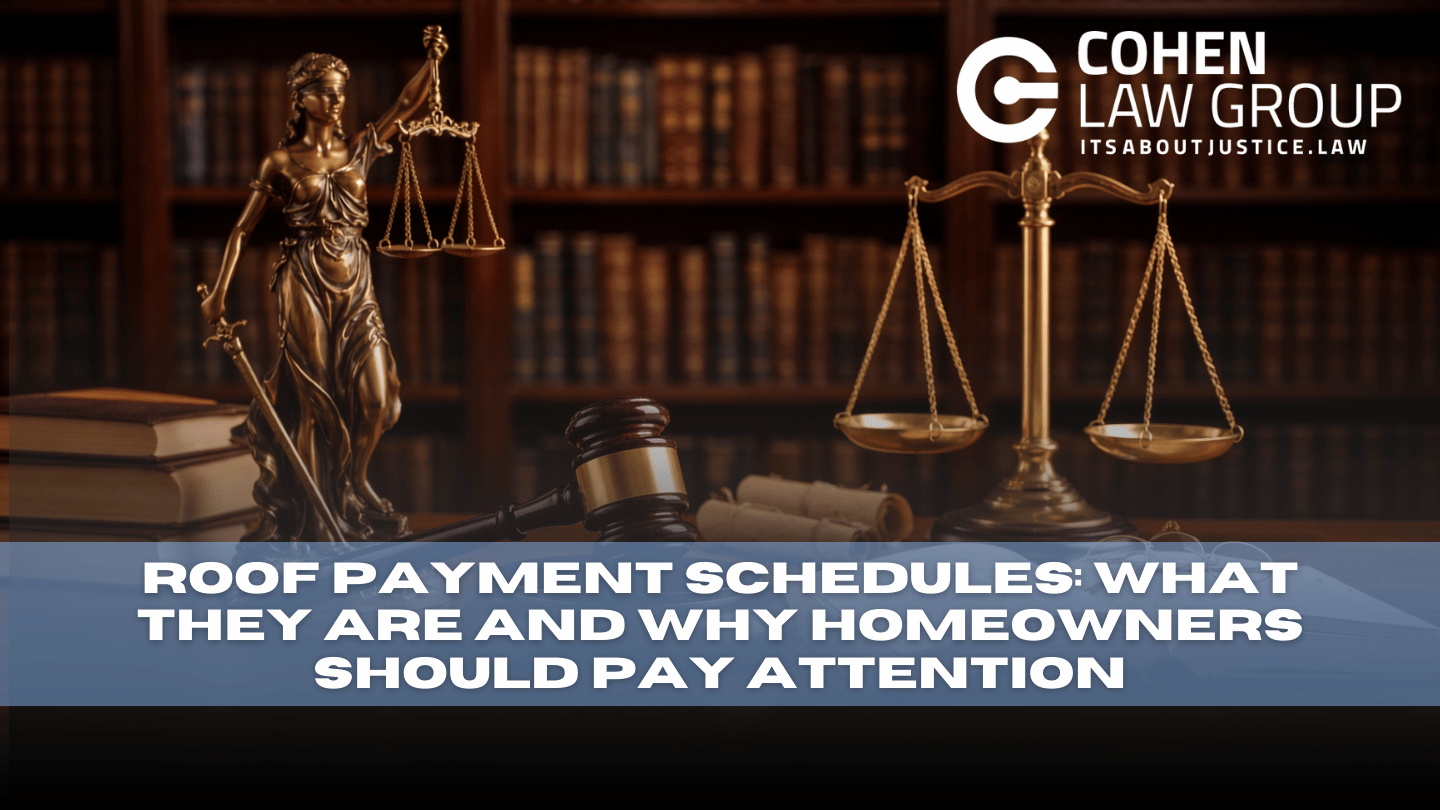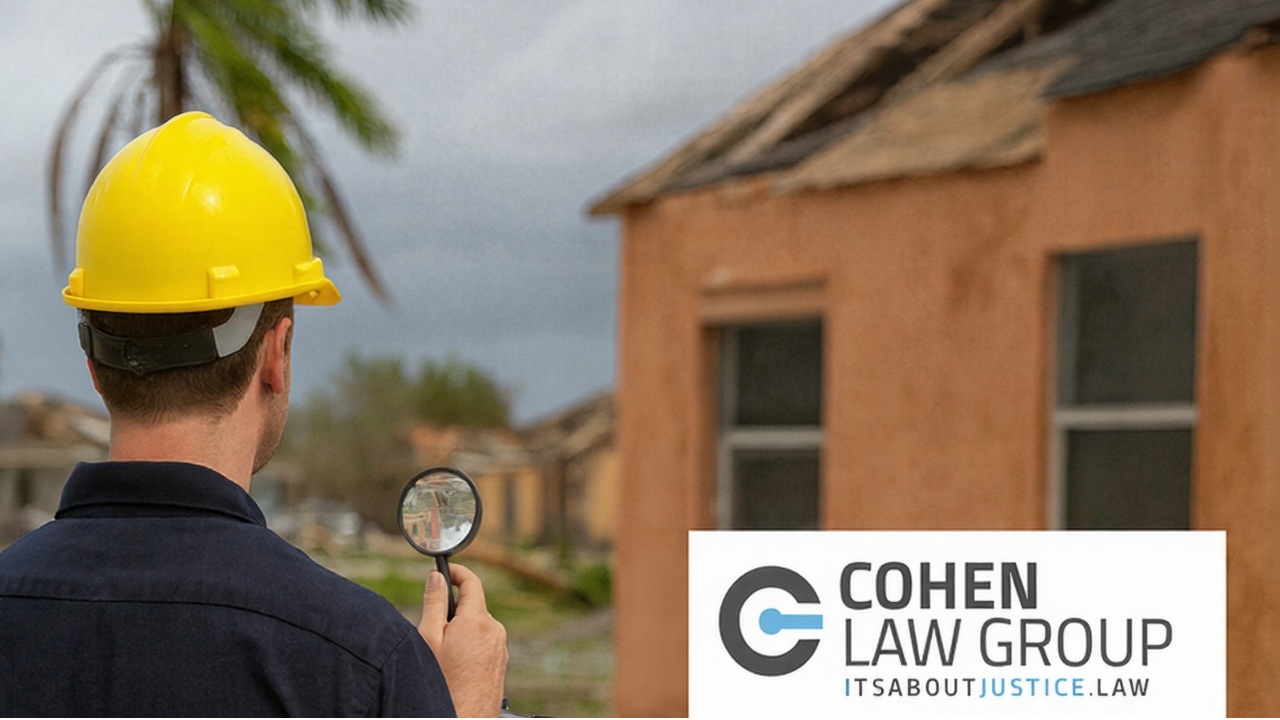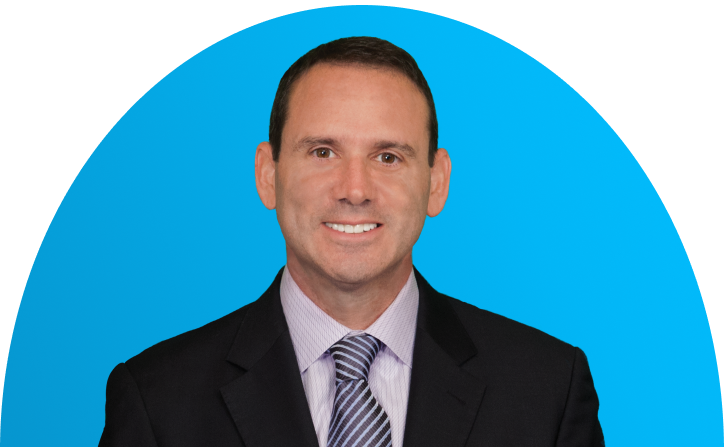Hurricane Preparedness for the 2020 Season by Theme
The 2020 hurricane season is upon us and Cohen Law Group want to remind all to be prepared for the season. The National Oceanic and Atmospheric Administration Climate Prediction Center, a division of the National Weather Service, predicts a 60% chance of an above-normal season for the 2020 hurricane season which runs from June 1 through November 30.1
The National Weather Service offers several hurricane preparedness themes to follow in preparation of the hurricane season. These include: Determining Your Risk, Developing an Evacuation Plan, Assembling Disaster Supplies, Get an Insurance Checkup, Strengthen Your Home, Help Your Neighbor and Complete a Written Plan.2
Determine Your Risk
The National Weather Service points out its important to know the potential risks in your location. These risks include: storm surges, large waves, flood zones, potential for high winds, etc. The National Oceanic and Atmospheric Administration provides a helpful tool in tracking past storms and their impact on the surrounding areas. See if a previous storm has impacted your area and what risk factors you may incur if a storm were to return to your area.3
Develop an Evacuation Plan
It’s important to know if you are in an evacuation zone.4 It is important to have a plan where you will go if you are ordered to evacuate. This is especially important with the COVID-19 epidemic as you may be restricted both in travel and with social distancing mandates. Remember if an evacuation is ordered, leave immediately! The CDC has provided useful guidelines while traveling during the current epidemic.5
Assemble Disaster Supplies
Supplies are essential during the storm and more importantly after the storm depending on the fall out. According to the National Weather Service, you need to “have enough non-perishable food, water and medicine to last each person in your family a minimum of three days. Electricity and water could be out for at least that long. I recall after one of the recent storms, I waited two weeks to get my power restored when most of the surrounding areas has power restored in two days. You’ll need extra cash, a battery powered radio and flashlights. You may need a portable crank or solar-powered USB charger for your cell phones.” Make sure you gas up the car. In addition, the CDC recommends if you need to go to a public shelter, bring at least two cloth face coverings for each person and, if possible, hand sanitizer. (Children under two years old and people having trouble breathing should not wear face coverings).”6
Get an Insurance Check-Up
The National Weather Service recommends that you “call your insurance company or agent and ask for an insurance check-up to make sure you have enough homeowners insurance to repair or even replace your home. Don’t forget coverage for your car or boat. Remember, standard homeowners insurance doesn’t cover flooding. Whether you’re a homeowner or renter, you’ll need a separate policy for it, and it’s available through your company, agent or the National Flood Insurance Program at floodsmart.gov. Act now as flood insurance requires a 30-day waiting period.”7 The Actuarial Foundation provides a useful guide when assessing your insurance needs.8
Insurance Companies are known to wrongfully deny or underpay your claim. If you are faced with this after a storm event call Cohen Law Group who has many skilled experienced attorneys who specialize in first-party property claims and are available to speak with you anytime if you have any questions related to your claim. Give us a call at 877-440-4878 or visit our website at itsaboutjustice.law.
Strengthen Your Home
“If you plan to ride out the storm in your home, make sure it is in good repair and up to local hurricane building code specifications. Many retrofits are not as costly or time consuming as you may think. Have the proper plywood, steel or aluminum panels to board up the windows and doors. Remember, the garage door is the most vulnerable part of the home, so it must be able to withstand the winds.” The National Weather Service provides useful tools and “how to videos on their website.9
Remember your home may be damaged after a storm even though you don’t initially see the damage. This is especially true with damages to your home’s roof. Cohen Law Group can make a recommendation for an inspection company in your area that can determine if your home incurred damages as a result of the storm event. Don’t allow your insurance company to deny your claim at a later date for late reporting.
Help Your Neighbor
The National Weather Service points out that “many Americans rely on their neighbors after a disaster, but there are also many ways you can help your neighbors before a hurricane approaches. Learn about all the different actions you and your neighbors can take to prepare and recover from the hazards associated with hurricanes. Start the conversation now with these Neighbor Helping Neighbor strategies but remember you may need to adjust your preparedness plans based on the latest health and safety guidelines from the CDC and your local officials.”10
Complete a Written Plan
“The time to prepare for a hurricane is before the season begins, when you have the time and are not under pressure. If you wait until a hurricane is on your doorstep, the odds are that you will be under duress and will make the wrong decisions. Take the time now to write down your hurricane plan. Know who issues evacuation orders for your area, determine locations on where you will ride out the storm, and start to get your supplies now. Being prepared before a hurricane threatens makes you resilient to the hurricane impacts of wind and water. It will mean the difference between being a hurricane victim or a hurricane survivor.”11 FEMA provides useful information to help guide you when making your plan.12
I hope the above information is helpful in getting you prepared for the 2020 Hurricane Season. Cohen Law Group is here to assist you with any of your homeowner insurance claim needs. Give us a call today or visit our website for more information.
Resources
- Busy Atlantic Hurricane Season predicted for 2020, National Oceanic and Atmospheric Administration, US Department of Commerce, (May 21, 2020) www.noaa.gov/media-release /busy-atlantic-hurricane- season-predicted-for-2020
- National Hurricane Preparedness, Nation Weather Service, (May 2020), www.weather.gov/wm/hurricane-preparedness
- https://coast.noaa.gov/hurricanes/#map=4/32/-80
- See https://flash.org/pdf/2020_Hurricane_Evacuation_Zones.pdf for list of evacuation zones.
- Go to https://www.cdc.gov/coronavirus/2019-ncov/travelers/travel-in-the-us.html for more information.
- Go to https://www.weather.gov/wrn/2020-hurricane-supplies for more information.
- Go to https://www.weather.gov/wrn/2020-hurricane-insurance for more information.
- Go to https://flash.org/pdf/ActuarialFoundationInsuranceGuideEnglish.pdf for more information.
- Go to https://www.weather.gov/wrn/2020-hurricane-strengthen-home for more information.
- Go to https://www.weather.gov/wrn/2020-help-your-neighbor for more information.
- https://www.weather.gov/wrn/2020-hurricane-plan
- Go to https://www.ready.gov/plan for more information.

Adam Chappel, Esq.
DISCLAIMER: This website is for informational purposes only and does not provide legal advice. Please do not act or refrain from acting based on anything you read on this site. Using this site or communicating with Cohen Law Group through this site does not form an attorney/client relationship. This site is legal advertising. Please review the full disclaimer for more information by clicking here.


